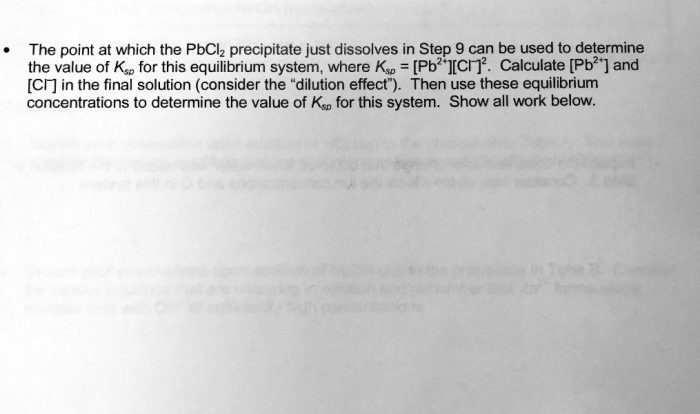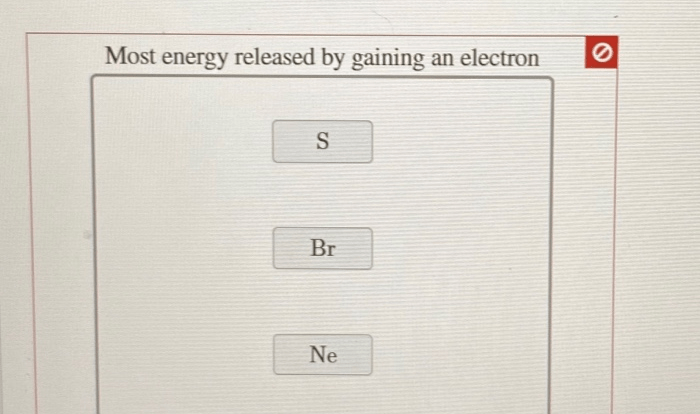Chemistry a volatile history episode 2 answer key – Delving into the depths of Chemistry: A Volatile History Episode 2 Answer Key, we embark on a captivating journey through the annals of chemistry, uncovering its origins, volatile nature, and profound impact on modern society. This comprehensive guide unravels the mysteries and marvels of chemistry, providing an invaluable resource for students, educators, and enthusiasts alike.
The History of Chemistry
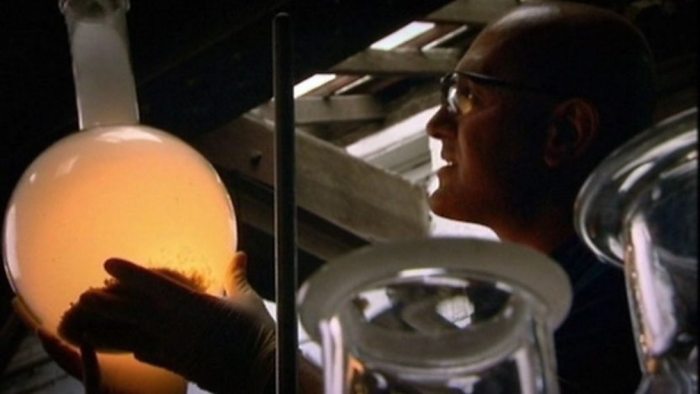
Chemistry, the study of matter and its properties, has a long and fascinating history. Its origins can be traced back to ancient times, when alchemists sought to transform base metals into gold. Over the centuries, chemistry has evolved from a mystical art into a rigorous scientific discipline.
One of the most significant events in the history of chemistry was the development of the periodic table by Dmitri Mendeleev in 1869. The periodic table organizes the elements according to their atomic number and chemical properties, and it has been a powerful tool for understanding the behavior of matter.
Another major milestone in the history of chemistry was the discovery of the structure of DNA by James Watson and Francis Crick in 1953. This discovery laid the foundation for the field of molecular biology and has led to a greater understanding of life itself.
The Volatile Nature of Chemistry
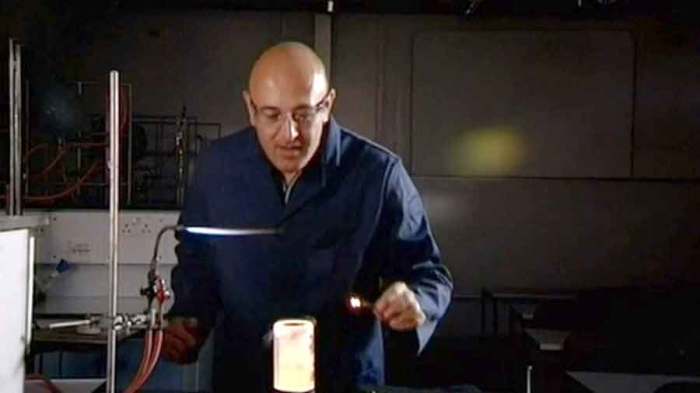
Chemistry is a volatile science, and chemical reactions can be inherently risky and hazardous. This is because chemical reactions involve the rearrangement of atoms and molecules, which can release or absorb energy.
One of the most famous examples of the volatile nature of chemistry is the explosion of the Challenger space shuttle in 1986. The explosion was caused by a failure in the O-rings of the shuttle’s solid rocket boosters. The failure allowed hot gases to escape and ignite the shuttle’s external fuel tank.
Another example of the volatile nature of chemistry is the Bhopal disaster in 1984. The disaster occurred when a large amount of methyl isocyanate gas was released from a Union Carbide plant in Bhopal, India. The gas killed over 3,000 people and injured over 500,000.
The Role of Chemistry in Modern Society
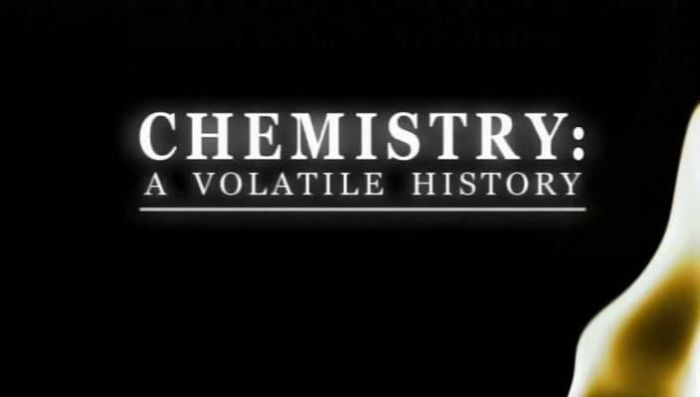
Chemistry plays a vital role in modern society. It is used in the production of food, clothing, and shelter. It is also used in the development of new technologies, such as computers and medical treatments.
One of the most important applications of chemistry is in the field of medicine. Chemistry has led to the development of new drugs and vaccines that have saved millions of lives. Chemistry is also used in the development of medical devices, such as artificial joints and pacemakers.
Another important application of chemistry is in the field of technology. Chemistry has led to the development of new materials, such as plastics and semiconductors. These materials are used in the production of a wide variety of products, from cars to computers.
The Future of Chemistry: Chemistry A Volatile History Episode 2 Answer Key
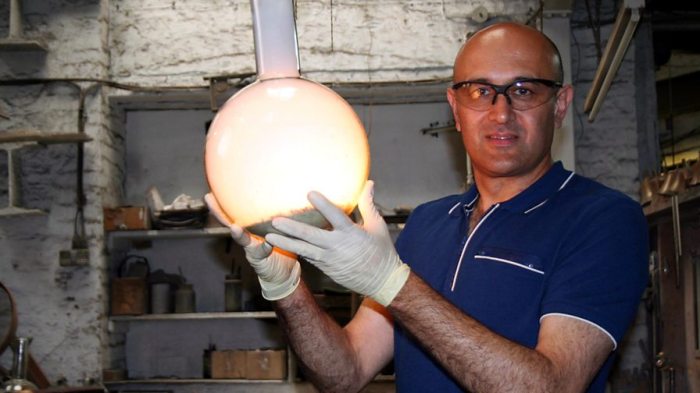
Chemistry is a rapidly evolving field, and there are many exciting new developments on the horizon. One of the most promising areas of research is the field of nanotechnology. Nanotechnology involves the manipulation of matter at the atomic and molecular level.
This technology has the potential to revolutionize many fields, such as medicine and manufacturing.
Another promising area of research is the field of green chemistry. Green chemistry is focused on developing new chemical processes that are more environmentally friendly. This research is important because it can help to reduce the impact of human activity on the environment.
User Queries
What are the key events in the history of chemistry?
The discovery of fire, the development of alchemy, the invention of the periodic table, and the discovery of radioactivity are among the most significant events in the history of chemistry.
Why is chemistry considered a volatile science?
Chemistry is considered a volatile science due to the inherent risks and hazards associated with chemical reactions. Chemical reactivity, the tendency of substances to undergo chemical change, can lead to explosions, fires, and the release of toxic gases.
How has chemistry shaped modern society?
Chemistry has played a pivotal role in shaping modern society. It has led to the development of new materials, medicines, and technologies that have improved our lives and solved societal challenges.
What are some emerging areas of research in chemistry?
Emerging areas of research in chemistry include nanochemistry, green chemistry, and computational chemistry. These fields are exploring new frontiers in materials science, sustainability, and drug discovery.
